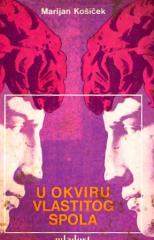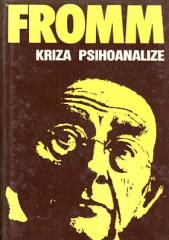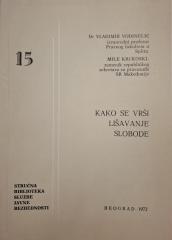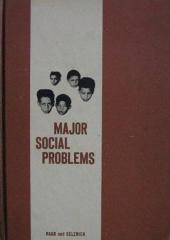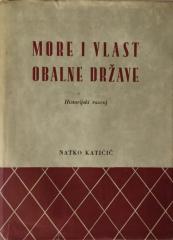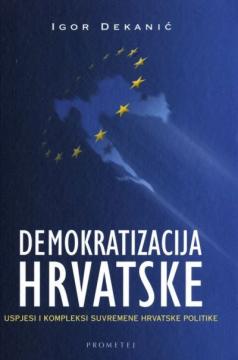
Demokratizacija Hrvatske
In the introductory part, Dekanić brilliantly identifies Croatian national mentalities, syndromes, complexes and characteristics.
Such as: rationality and irrationality, extremism and balance, conversion and stability, opportunism and cowardice, and in this way determines the key points of his analysis and synthesis. The next six parts of the book contain the very act of creating the Croatian state, the homeland war, international recognition, all parliamentary elections 1990-2003, the policy of all governments, foreign policy, policy towards Bosnia and Herzegovina, constitutional changes, political crises, controversies around The Hague, economic issues, etc. The greatest value of this book is that the author surpasses works of a similar genre. Publicistic works from the pens of politicians and political parties, even the best ones, bear the stamp of unbearable apologia and bad propaganda. Works from the pens of most intellectuals, even those outside the parties, suffer from empty professorship and abstract academicism. In this work, however, our democratic development is presented in a plastic and convincing manner, without a trace of ideological orientation. The useful value of this text is extremely versatile. In terms of content and style, the work is intended for the broadest public, especially the media and educational institutions. This book can also help political parties because it points out their oversights, failures, defeats, and even catastrophic mistakes, and for some it can clarify their political mind.
One copy is available
